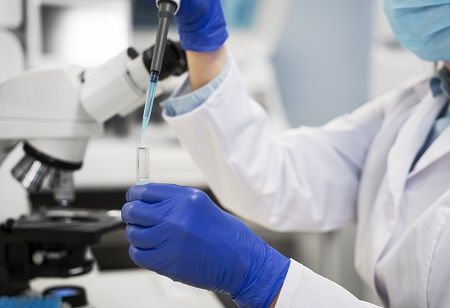India Pharma Outlook Team | Tuesday, 01 April 2025

The Indian government is providing more support to the Unani system as it links it with modern healthcare and advances its research.
Key infrastructural developments under the Ministry of Ayush have reportedly been made for promoting clinical research and drug development through the establishment of the CCRUM-the Central Council of Research in Unani Medicine-New Delhi and the NIUM-the National Institute of Unani Medicine-Bengaluru. Another appended site of NIUM with 200 beds was also inaugurated in Ghaziabad, Uttar Pradesh.
CCRUM manages 21 clinical institutes across the country, doing research in terms of ailments like arthritis, asthma, anemia, anxiety, hypertension, obesity, and skin eruptions like vitiligo. As an addition, the government has been augmenting access to Unani through such healthcare services: construction of major hospitals at Dr Ram Manohar Lohia Hospital, Safdarjung Hospital, and JJ Hospital, Mumbai.
To strengthen education and regulation in the country relating to the practice of Unani medicine, the National Commission for Indian System of Medicine (NCISM) has developed a competency-based curriculum for Unani education.
The Pharmacopoeia Commission for Indian Medicine & Homoeopathy (PCIM&H), in addition, is developing quality standards for their Unani medicines standards under the Drugs & Cosmetics Act, in harmony with international standards.
Integration of Ayush with the conventional health care system is being undertaken by the Ministry of Ayush along with the Ministry of Health & Family Welfare (MoH&FW). The Ayush vertical under the Directorate General of Health Services (DGHS) launched the analysis of the standard treatment guidelines and has already conducted training of Ayush physicians.
The co-location of Ayush facilities in the existing PHCs, CHCs, and District Hospitals with the establishment of integrated Ayush departments at Safdarjung Hospital and Lady Hardinge Medical College in Delhi attests to the same purpose.